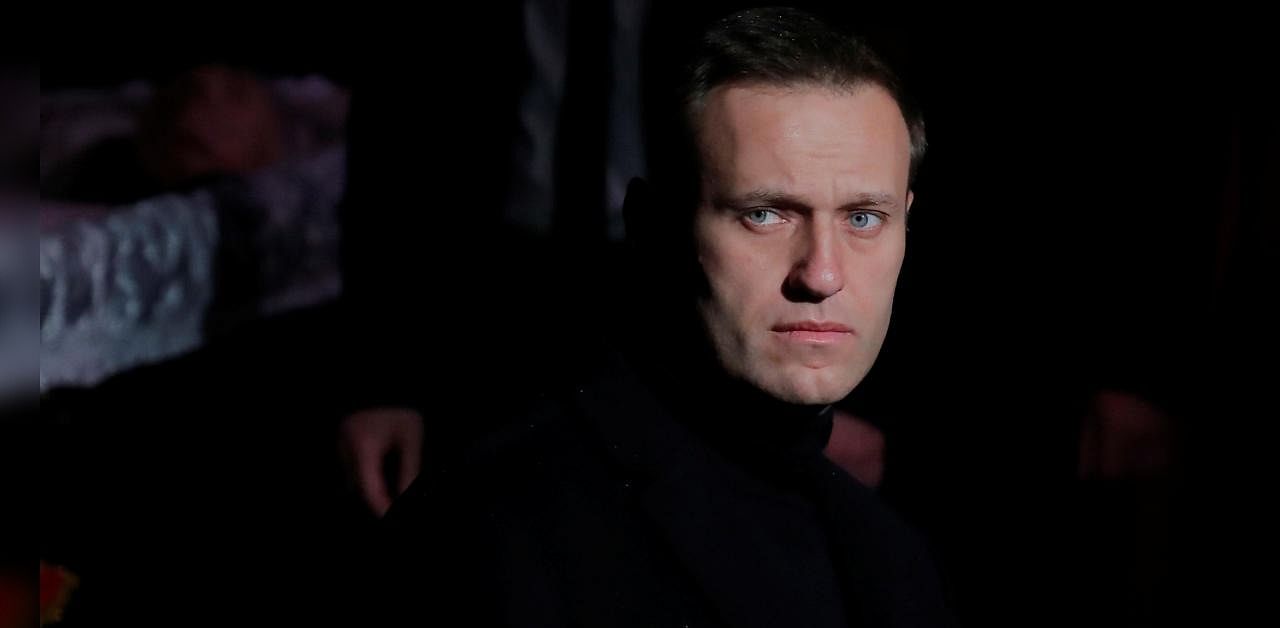
Russia’s most prominent opposition figure, Alexei Navalny, arrived in Berlin for treatment on Saturday after falling into a coma in Siberia in what his family and supporters suspect was a deliberate poisoning weeks before nationwide local elections.
Navalny was admitted to Charité, one of Germany’s leading medical research facilities, where he will undergo “extensive diagnostic tests,” the hospital said in a statement after the plane transporting him touched down. He was then transferred to the hospital by ambulance, arriving more than 48 hours after he lost consciousness and slipped into a coma.
“Patient stable, mission accomplished,” said Jaka Bizilj, who runs the foundation that had organized the air transport at the urging of Navalny’s friends and family. He had also lobbied political and business leaders in Germany with strong ties to Russia to secure Navalny’s transfer.
Navalny became violently ill on Thursday shortly after the Moscow-bound flight he had boarded took off. Throughout his Saturday morning journey from the Siberian city of Omsk to Berlin he remained in stable condition, said Bizilj.
The arrival in Germany of Navalny, who is the most persistent critic of President Vladimir Putin of Russia, comes as Moscow is watching popular uprisings in neighboring Belarus as well as anti-government protests in Khabarovsk in Russia’s’ Far East, weeks before Russians are scheduled to elect local leaders in municipal elections on September 13.
The Russian authorities have consistently denied that any evidence exists of poisoning. At a news conference on Friday, Dr. Aleksandr Murakhovsky said tests for toxins in Navalny’s blood were all negative. He said Navalny had suffered an “imbalance in carbohydrates, that is, metabolic disorder,” possibly caused by low blood sugar.
Navalny’s wife and personal doctor quickly dismissed this account, saying the idea that an otherwise healthy 44-year-old would collapse into a days-long coma from low blood sugar was ridiculous.
If Navalny is found to have ingested dangerous toxins, he would become the latest prominent Kremlin critic to have been the victim of a poisoning.
A fatal dose of the radioactive substance polonium 210 was used against Alexander Litvinenko, and a nerve agent called Novichok against Sergei Skripal, both former Russian intelligence officers attacked in England. The former Ukrainian President Viktor Yushchenko fell ill from a dioxin, and unknown toxins were used against Vladimir Kara-Murza, a Russian journalist who lobbied in the West for sanctions against Kremlin operatives.